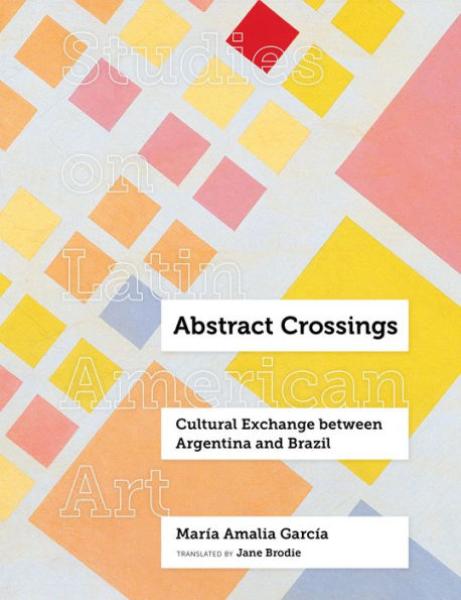Description
This is the first book in the new Studies on Latin American Art series, supported by a gift from the Institute for Studies on Latin American Art (ISLAA).
"This book analyzes the relationship between, on the one hand, the emergence of abstract proposals in the framework of avant-garde groups and, on the other, the institutionalization and newfound hegemony of the abstract poetics as part of the region's imaginary of modernization. The author focuses mainly on Argentina and Brazil due to the constant and abundant artistic-institutional exchange between the two countries, and to the shared emphasis on abstraction, which was viewed as an active force in the project of sociocultural transformation that a range of sectors in both countries were advocating. Unlike earlier studies of the growth of abstraction, which have addressed it in a single nation, this book proposes a regional approach for the sake of a broader analysis of how abstract poetics took shape in a number of South American cities"--Provided by publisher.
"García's study serves as a model of the ways in which thoughtful and creative archival research can significantly alter the narratives we tell of both individual artists and larger movements. What this author builds from archival sources is a compelling story in which nationalism and internationalism are irrevocably intertwined, and the most genuine desire for the latter can be made to serve the former. It thus presents South American concretism as both an avant-garde project and a tool of cultural politics and argues that the line between the two is not easily fixed."-- "Art Journal"
Product Details
- University of California Brand
- Jul 16, 2019 Pub Date:
- 0520302192 ISBN-10:
- 9780520302198 ISBN-13:
- 320 Pages
- 9.2 in * 7.3 in * 0.9 in Dimensions:
- 2 lb Weight:




